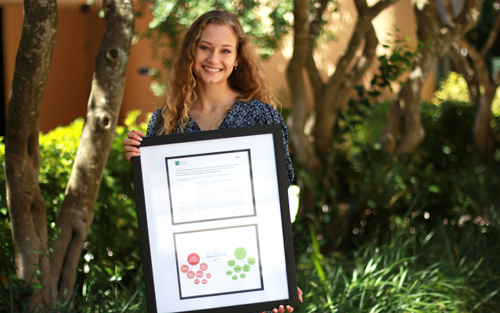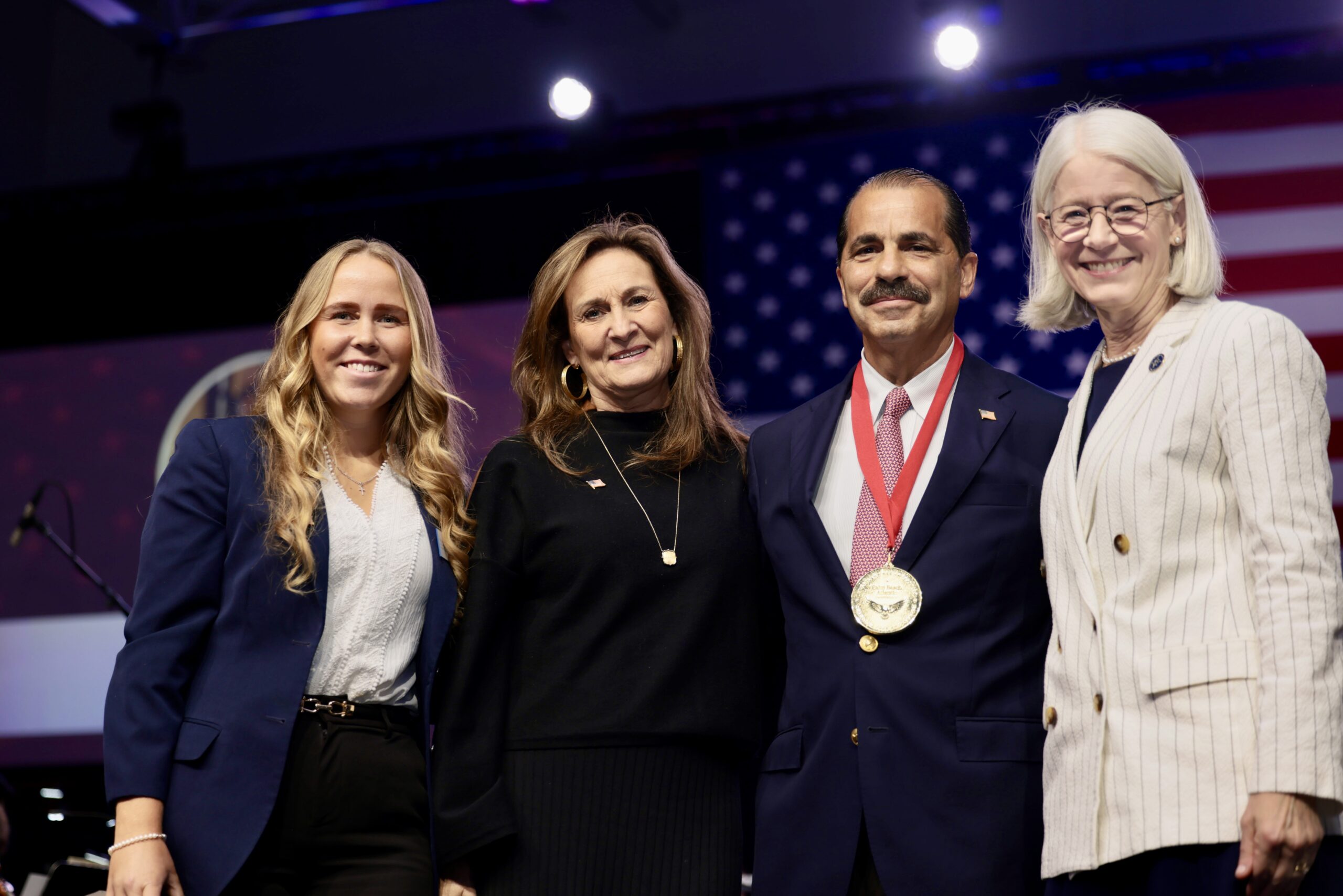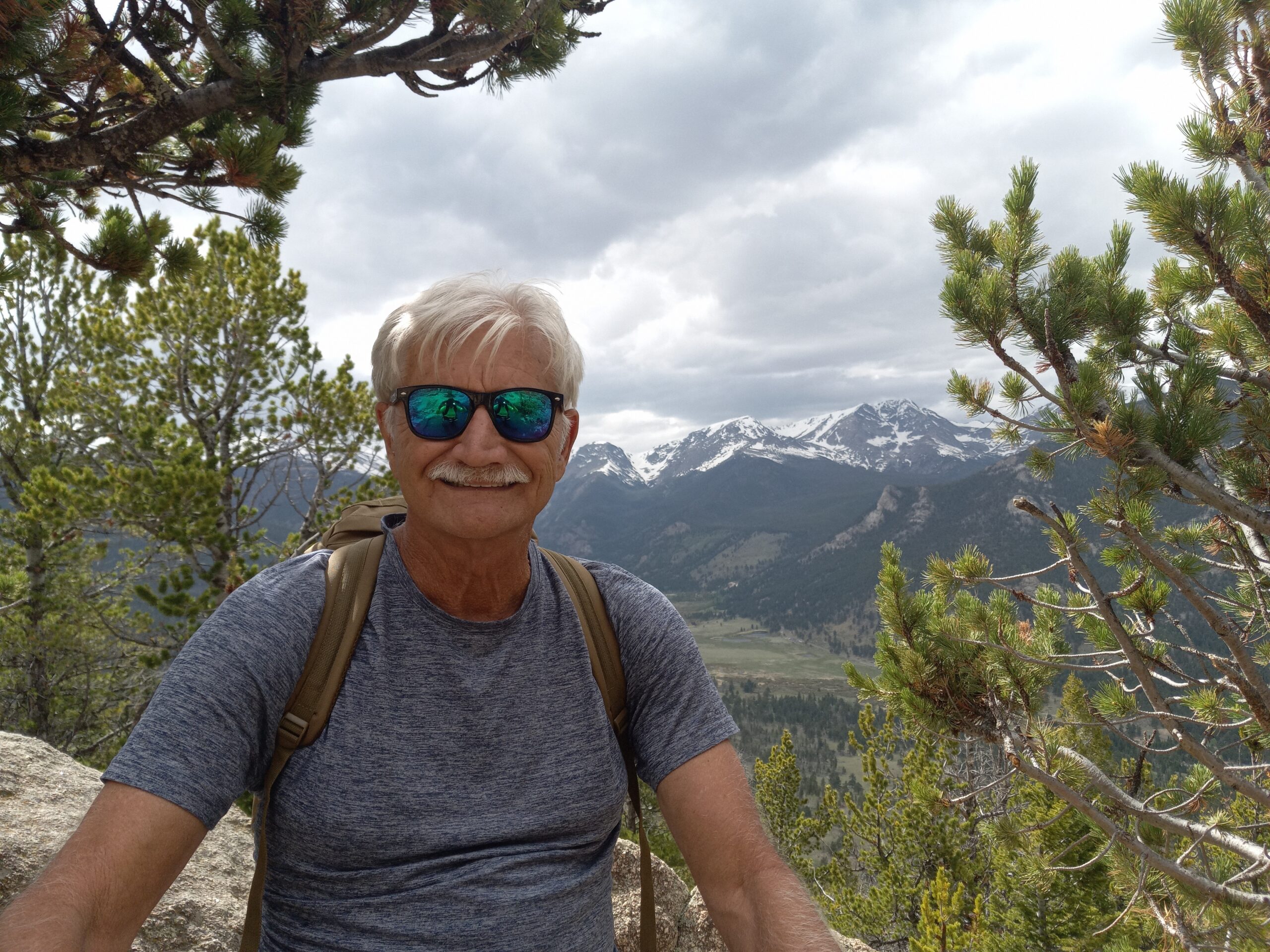
Sarah Makepeace, a rising senior studying molecular biology, has been published in a peer-reviewed scientific journal for her work on a painful bladder condition with no known cure.
Her professor, Dr. Chris Hickey, collaborates in clinical research with Dr. Dipnarine Maharaj at The Maharaj Institute of Immune Regenerative Medicine in Boynton Beach, Florida. The Journal of Personalized Medicine published their paper, “Clinical Remission using Personalized Low-Dose Infusions of N-Acetyl Cysteine with Minimal Toxicities for Interstitial Cystitis/Bladder Pain Syndrome,” last month.
N-Acetyl Cysteine is a nutritional supplement and antioxidant used as a treatment for a variety of disorders, including asthma, ulcerative colitis and chronic bronchitis. In the study, the supplement was used to treat interstitial cystitis, a bladder condition that creates a feeling of pain and pressure that is often mistaken for a continuous urinary tract infection (UTI). The condition is more prevalent in women, and the cause is unknown.
The immune therapy clinic in Boynton Beach used it to treat a woman who had lived with debilitating pain for decades, Makepeace said. “She’s now completely symptom-free for the first time in 30 years,” said Makepeace, whose role was to write the case report. The patient, in her 70s, told Makepeace, “I just feel such joy.”
Hickey, Makepeace’s academic adviser, connected her with the clinic in March 2020, knowing that she plans to work in dietetics in the future. The clinic emphasizes holistic treatments, she said.
“Dr. Hickey’s been really instrumental in this,” said Makepeace, of Islamorada, Florida. “It was a really good fit, and I got to tell this woman’s amazing story through it.”
The woman had no side effects or therapy-related adverse events after five months of IV infusions — a rarity compared to other attempted treatments, according to the paper. N-Acetyl Cysteine is not typically used to treat the bladder condition; it is used to treat acute acetaminophen poisoning and a variety of inflammation-related diseases.
“That’s why this was such a novel approach,” Makepeace said.


